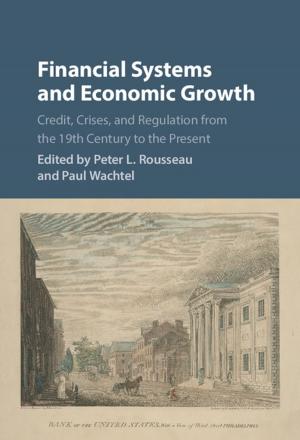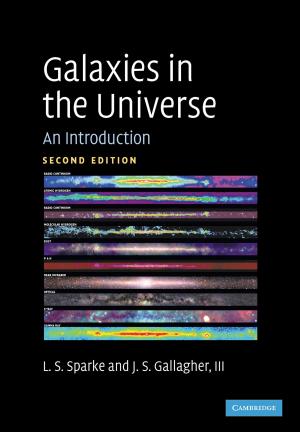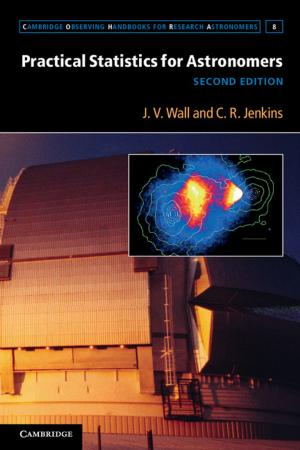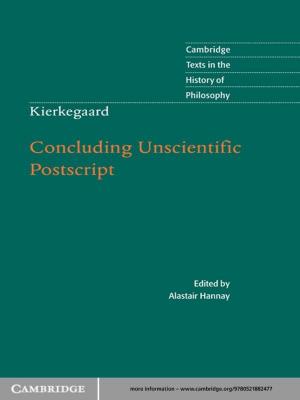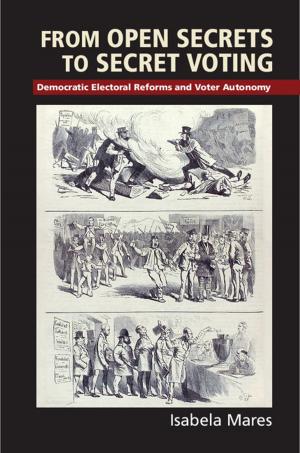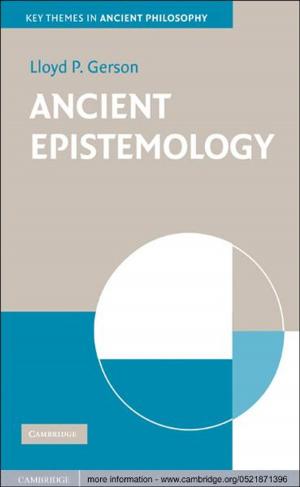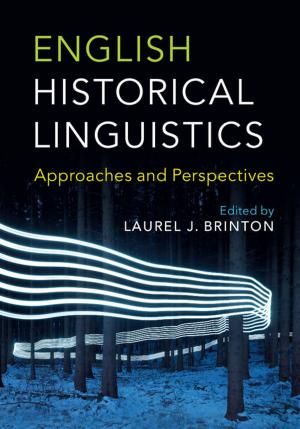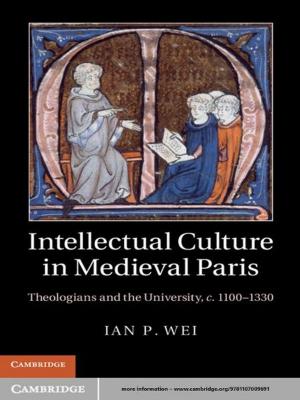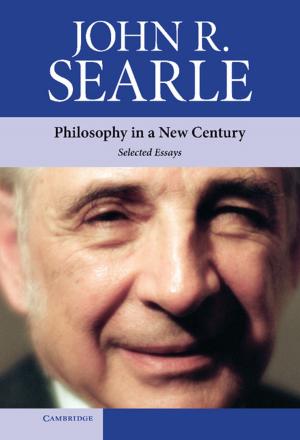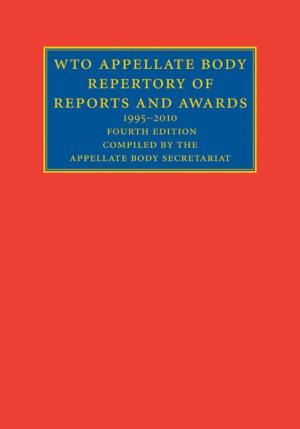Output-Driven Phonology
Theory and Learning
Nonfiction, Reference & Language, Language Arts, Reading, Phonetics & Phonics, Linguistics| Author: | Bruce Tesar | ISBN: | 9781107501812 |
| Publisher: | Cambridge University Press | Publication: | November 21, 2013 |
| Imprint: | Cambridge University Press | Language: | English |
| Author: | Bruce Tesar |
| ISBN: | 9781107501812 |
| Publisher: | Cambridge University Press |
| Publication: | November 21, 2013 |
| Imprint: | Cambridge University Press |
| Language: | English |
This book presents the theory of output-driven maps and provides a fresh perspective on the extent to which phonologies can be characterized in terms of restrictions on outputs. Closely related to traditional conceptions of process opacity, but differing in notable ways, the theory of output-driven maps applies equally to SPE-style ordered rules, Optimality Theory, and other phonological theories. It permits a formally rigorous analysis of the issues in Optimality Theory that is not possible with traditional process opacity. Also presented is a theory of phonological learning. Building on prior work on learning in Optimality Theory, the learning theory exploits the formal structure of output-driven maps to achieve learning that is far more computationally efficient than comparable prior approaches. In this book Bruce Tesar, one of the founders of the study of learnability in Optimality Theory, presents fresh perspectives in an accessible way for graduate students and academic researchers.
This book presents the theory of output-driven maps and provides a fresh perspective on the extent to which phonologies can be characterized in terms of restrictions on outputs. Closely related to traditional conceptions of process opacity, but differing in notable ways, the theory of output-driven maps applies equally to SPE-style ordered rules, Optimality Theory, and other phonological theories. It permits a formally rigorous analysis of the issues in Optimality Theory that is not possible with traditional process opacity. Also presented is a theory of phonological learning. Building on prior work on learning in Optimality Theory, the learning theory exploits the formal structure of output-driven maps to achieve learning that is far more computationally efficient than comparable prior approaches. In this book Bruce Tesar, one of the founders of the study of learnability in Optimality Theory, presents fresh perspectives in an accessible way for graduate students and academic researchers.

